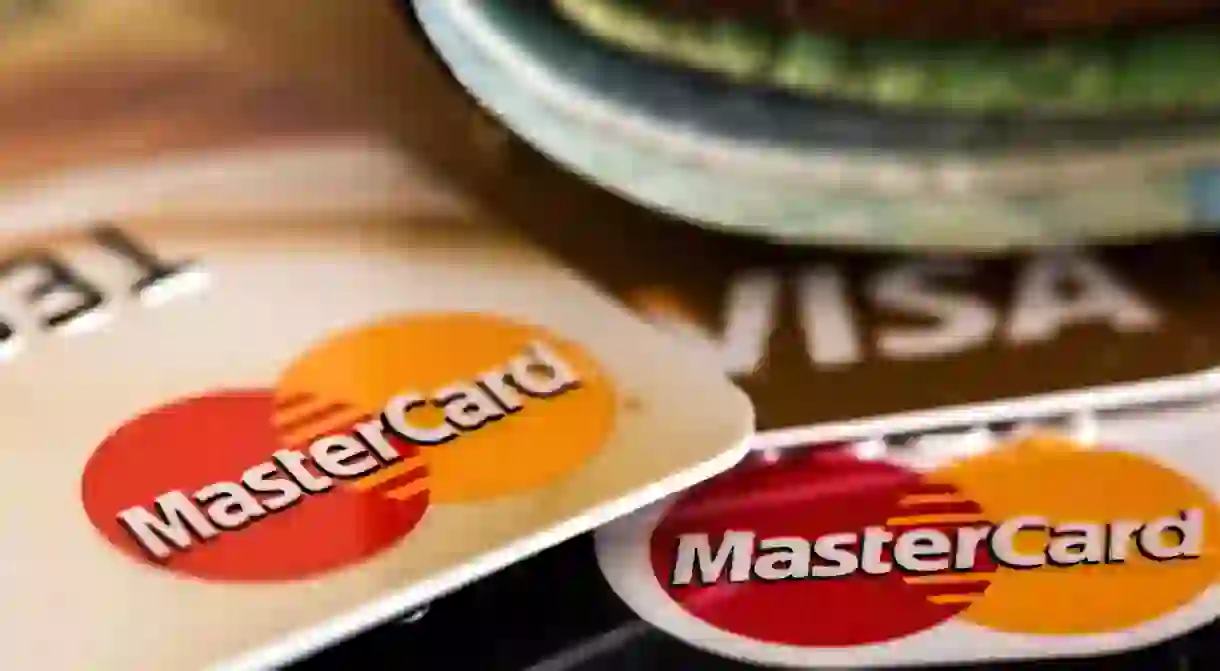Where Did 'Going Dutch' Originate?

The English idiom ‘Going Dutch’ generally applies to situations where two or more people pay for their own share of something, for instance, a meal or round of drinks. Although its origins aren’t completely clear, it is quite likely that the term developed from an insult created by British sailors in the 17th or 18th century.
During this period, the Dutch and British fought several wars against each other that are collectively known as the Anglo-Dutch Wars. As these conflicts revolved around colonial interests and trading routes, they mainly involved naval warfare. British sailors employed an entire litany of curses to denounce their Dutch counterparts during these sporadic yet frequent campaigns, including many sayings that are still commonly used by English speakers today, such as ‘double dutch’ or ‘dutch courage’.

Although it is difficult to prove with absolute certainty, it seems that ‘Going Dutch’ originated alongside these insults and was coined as an indirect slight towards people from the Netherlands who the British saw as stingy or unwilling to share. However, other sources suggest that the idiom originated in the United States at some point in the early 19th century but might have been based on earlier slang spoken by Anglophone sailors travelling between docks in Europe and America. Even though these etymologies seem pretty convincing, there’s another theory that the term refers to Dutch doors, as these entrances have two dividable sections and therefore could serve as an analogy for splitting a bill.

Despite the prevalence of the saying in the English-speaking world, it is completely normal for people in the Netherlands to invite friends, colleagues or romantic partners out for meals and pay for the entire bill afterwards. However, it is uncommon to expect this type of treatment at informal gatherings, such as after-work drinks or impromptu meet-ups with friends.













